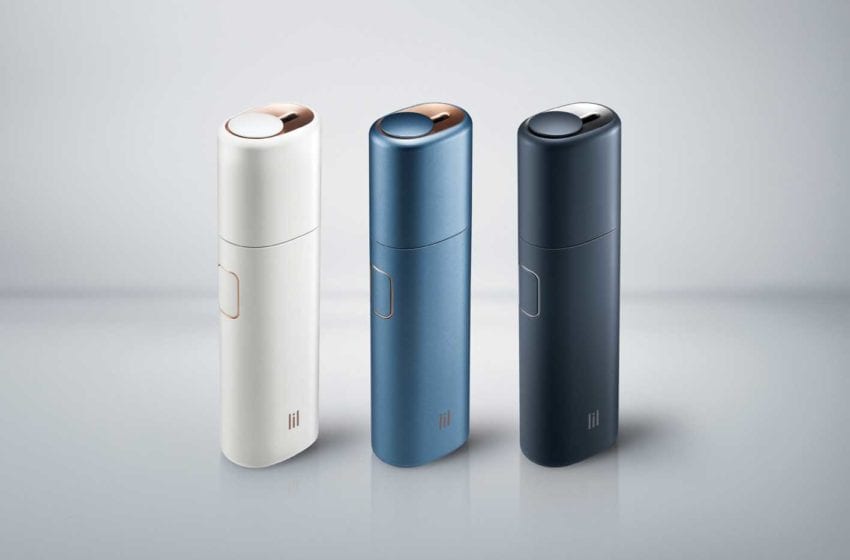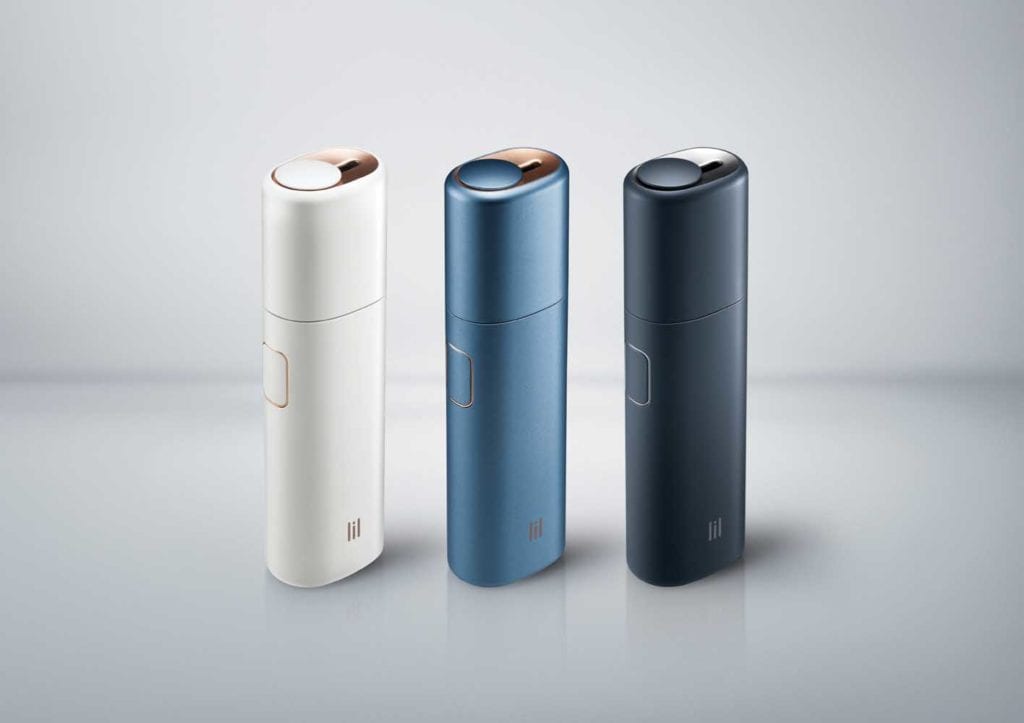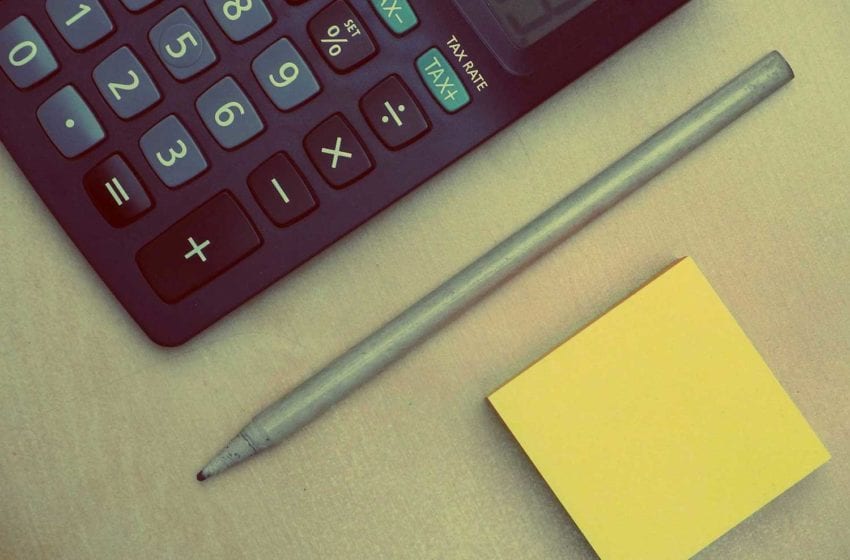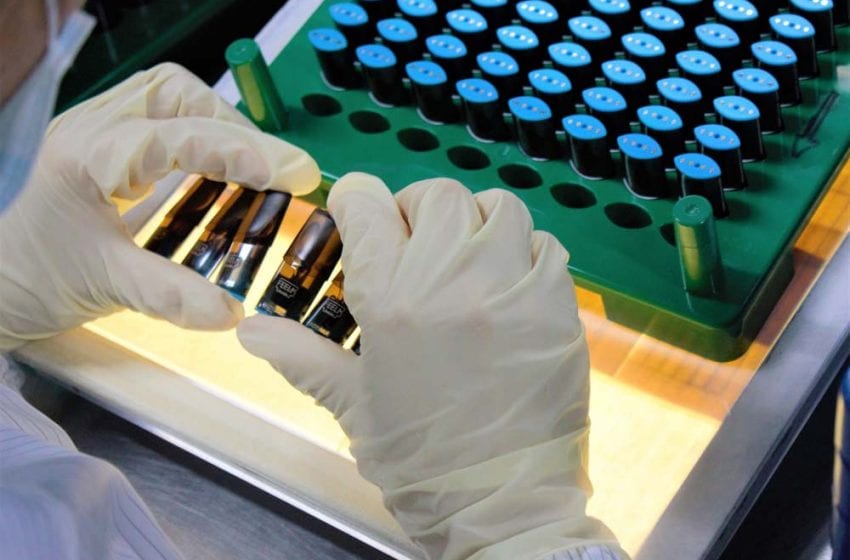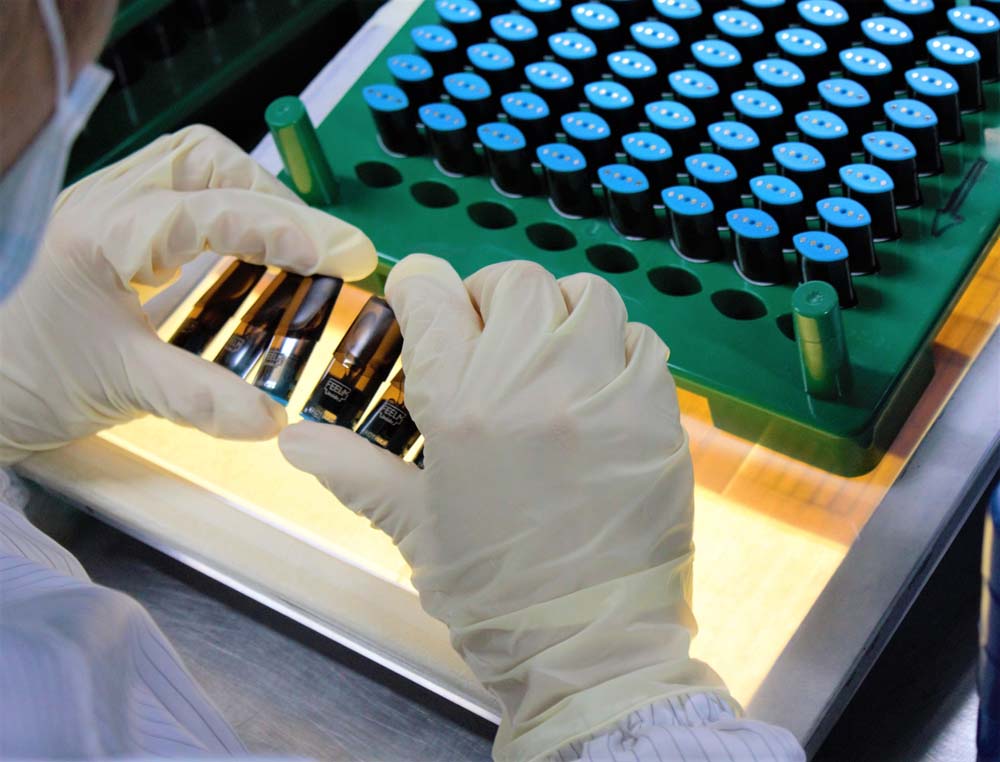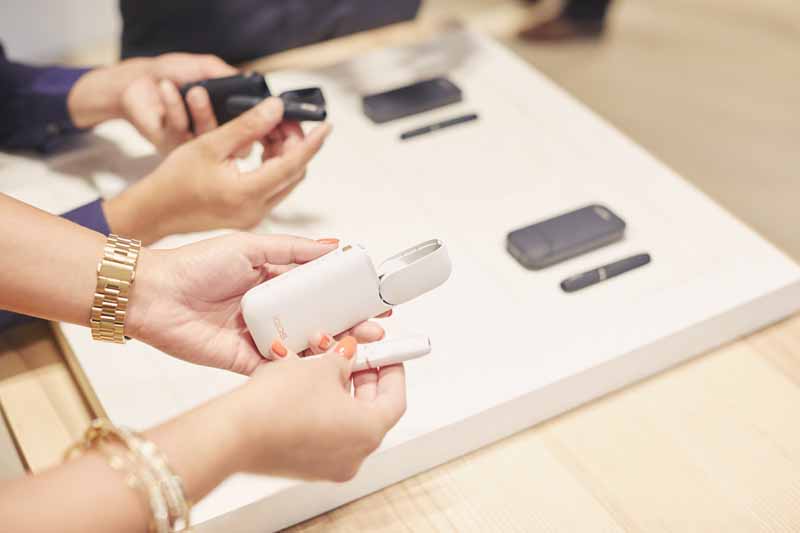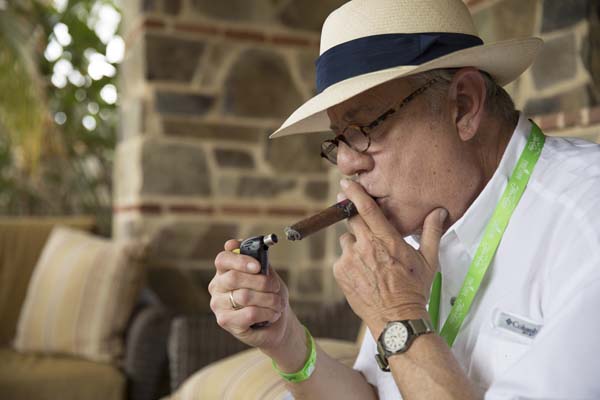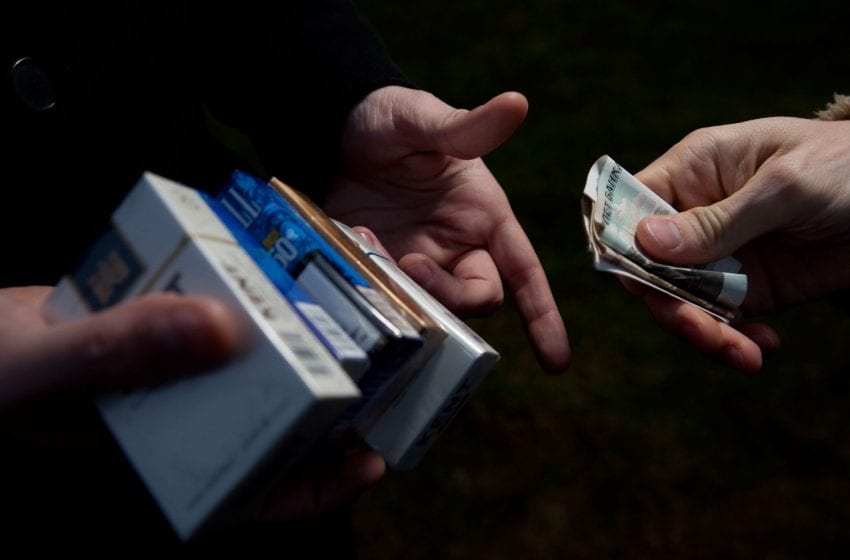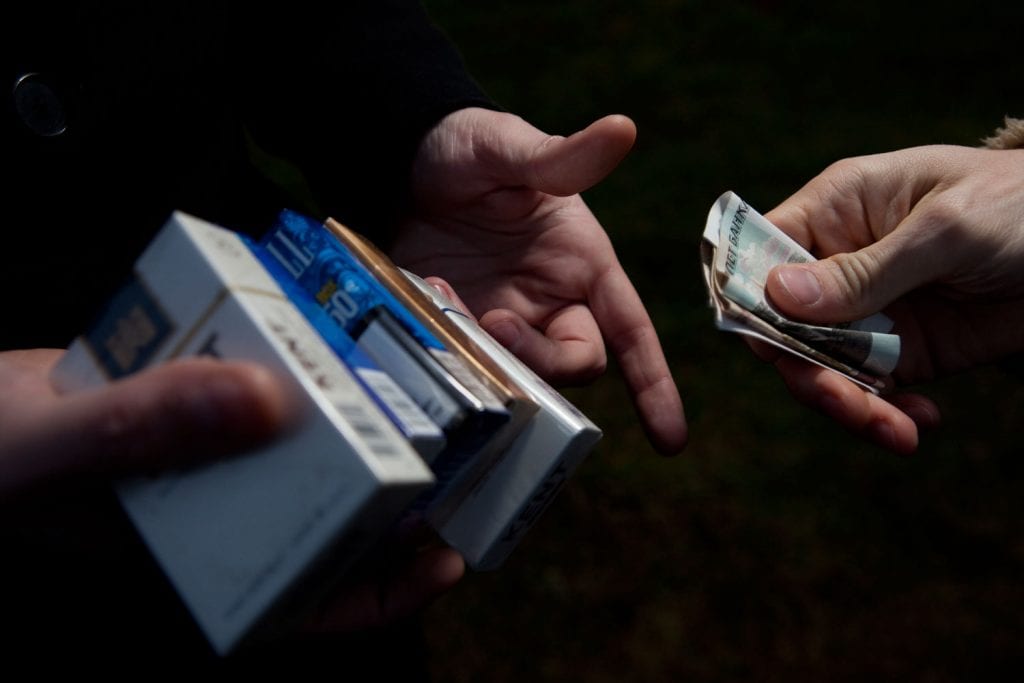The U.S. Food and Drug Administration (FDA) on July 7 issued exposure modification orders to Philip Morris Products’ (PMP) IQOS heat-not-burn device system (holder and charger) and three Marlboro Heatstick variants.
The FDA previously authorized the marketing of IQOS without modified risk information in April 2019 via the premarket tobacco application pathway.
In its most recent ruling. the FDA determined that IQOS does not currently meet the standard for marketing with reduced-risk claims but can be marketed with a reduced-exposure claim.
Specifically, the FDA is allowing the company to claim:
- The IQOS system heats tobacco but does not burn it.
- This significantly reduces the production of harmful and potentially harmful chemicals.
- Scientific studies have shown that switching completely from conventional cigarettes to the IQOS system significantly reduces your body’s exposure to harmful or potentially harmful chemicals.
“Through the modified risk tobacco product application process, the FDA aims to ensure that information directed at consumers about reduced risk or reduced exposure from using a tobacco product is supported by scientific evidence and understandable,” said Mitch Zeller, director of the FDA’s Center for Tobacco Products.
“Data submitted by the company shows that marketing these particular products with the authorized information could help addicted adult smokers transition away from combusted cigarettes and reduce their exposure to harmful chemicals, but only if they completely switch.”
In its announcement, the FDA stressed that is marketing authorization doesn’t mean the reviewed products are safe or “FDA approved.”
The FDA’s marketing order requires PMP to conduct post-market surveillance and studies to determine the impact of these orders on consumer perception, behavior and health, and to enable the FDA to review the accuracy of the determinations upon which the orders were based.
These post-market requirements include a rigorous toxicity study using computer models to help predict potential adverse effects in users. The orders also require the company to monitor youth awareness and use of the products to help ensure that the marketing of the MRTPs does not have unintended consequences for youth use.
“The FDA’s decision is a historic public health milestone,” said Andre Calantzopoulos, CEO of Philip Morris International. “Many of the tens of millions of American men and women who smoke today will quit—but many won’t. Today’s decision makes it possible to inform these adults that switching completely to IQOS is a better choice than continuing to smoke. FDA determined that scientific studies show that switching completely from conventional cigarettes to IQOS reduces exposure to harmful or potentially harmful chemicals.”
“The FDA’s decision provides an important example of how governments and public health organizations can regulate smoke-free alternatives to differentiate them from cigarettes in order to promote the public health.”
“We’re delighted that the FDA authorized IQOS to be marketed as a modified-risk tobacco product,” said Billy Gifford, CEO of Philip Morris USA’s parent company, Altria Group, which will be marketing the product in the U.S. “This authorization gives PM USA an opportunity to communicate additional benefits of switching to IQOS and this decision is an important step for adult smokers.”
In a note to investors, Morgan Stanley described the FDA’s order as a positive development because it provides greater flexibility for IQOS to be marketed as relatively less harmful than cigarettes.
“The inability to make relative lower harm claims is a constraint to broader IQOS adoption in the U.S.,” wrote Morgan Stanley analyst Pamela Kaufman.
“Over time, PM can continue to submit additional information towards a full MRTP approval. The modified exposure designation combined with pending PMTA approval for IQOS 3 should accelerate MO’s [Altria’s] U.S. expansion strategy for IQOS. The FDA’s recognition of IQOS’s benefits relative to cigarettes may also enhance IQOS’ perception with international health agencies, helping its growth prospects,” Kaufman said.
Anti-smoking activists were less enthusiastic. In a joint statement, the Campaign for Tobacco-Free Kids, the American Cancer Society Cancer Action Network, the American Heart Association, the American Lung Association and the Truth Initiative, said the FDA marketing order would put consumers at risk.
“With today’s action, the FDA has created a real danger that kids and adults will falsely believe IQOS has been proven to present a lower health risk and that kids will be exposed to marketing that portrays IQOS, a highly addictive tobacco product, as an appealing, cool alternative to cigarettes, in much the same way as e-cigarettes,” the anti-tobacco groups wrote in their statement.
IQOS is the first tobacco product to receive exposure modification orders and the second to be authorized as a modified risk tobacco product. In October 2019, the FDA authorized Swedish Match U.S. division’s amended MRTP applications for eight varieties of General Snus, giving the company the right to market the product as a less harmful alternative to cigarettes.



